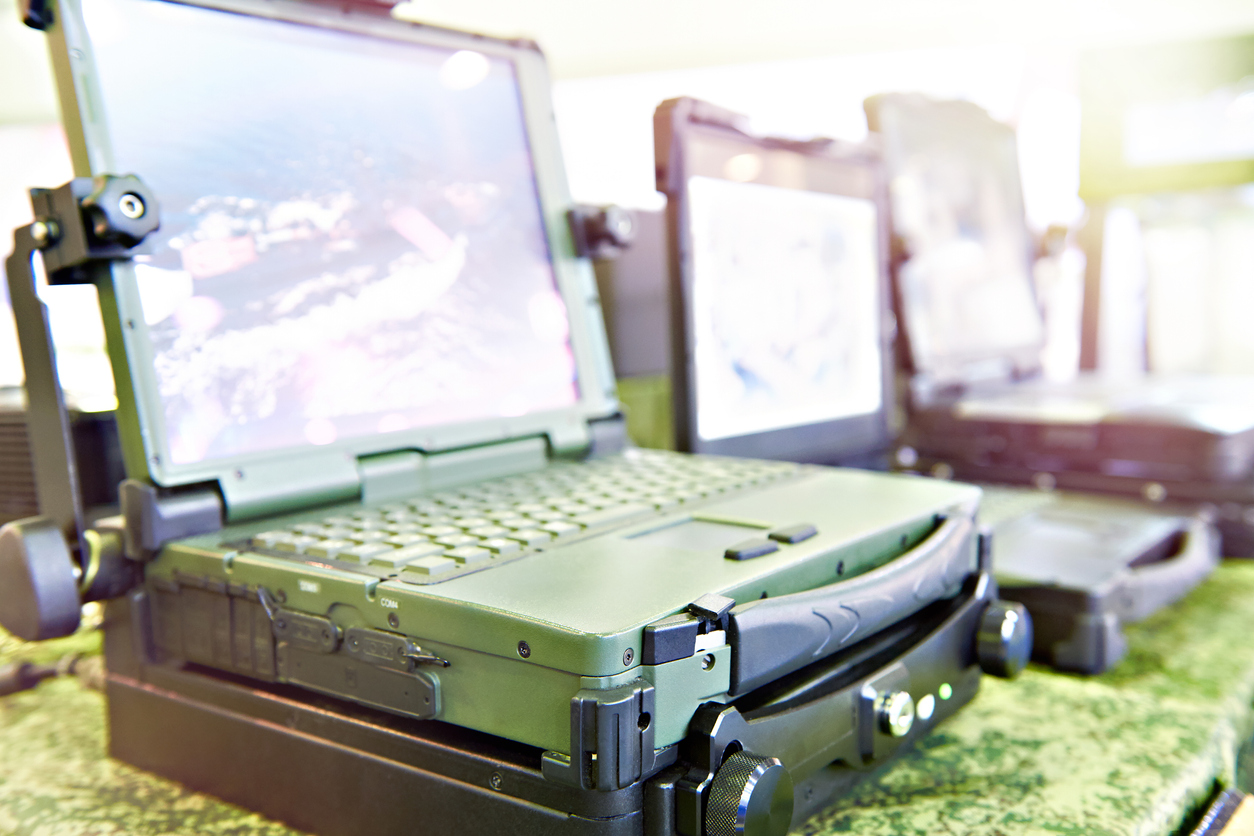Why an ISO 13485-Certified Manufacturer Is Vital for Medical Devices
Medical device companies looking for a PCB design and assembly partner have many important factors to consider, all with the end user’s well-being at...
2 min read
 Matric Group
:
Nov 03, 2020
Matric Group
:
Nov 03, 2020

When searching for a reliable electronics contract manufacturing (ECM), one of the first questions you’ll probably ask is, “What certifications do they have?”
While many ECMs are RoHS, MSHA, or IPC 6011 compliant, not all have Nadcap accreditation.
Keep reading to learn more about what Nadcap accreditation means for ECMs and how it provides you proof and peace of mind.
Once known as the National Aerospace and Defense Contractors Accreditation Program, this standards certification is now referred to as Nadcap. Overseen by the Performance Review Institute (PRI), its purpose is to establish accreditation requirements, issue accreditation credentials, and define operational program requirements for manufacturers.
Nadcap is one of the most dependable standards for manufacturing -- it covers everything from welding and part machining to electronics manufacturing.
For an ECM to receive Nadcap accreditation, it must undergo a rigorous technical assessment of its PCB manufacturing process, conducted by industry experts. Nadcap compliance represents that a company is capable of meeting customer requirements and performing to industry standards.
For PCB electronic contract manufacturing, a Nadcap compliance audit may include:
Matric is now Nadcap accredited, learn more here.
There are different categories of certification, and standards can vary from industry to industry. ECMs, for example, might be Nadcap certified in electronics.
If their particular category is PCB assembly, then the audit scope will cover 12 process-specific checksheets. A manufacturer could get certified in production of bare boards, in cable and harness assemblies, etc.
Some ECMs pursue Nadcap accreditation because their customers ask for it. In other cases, it’s a mandatory prerequisite for partnering with an OEM (especially giants like Boeing and Lockheed Martin).
Nadcap accreditation is a vote of confidence that a supplier adheres to industry-recognized best practices. Having the Nadcap certification can open up a big market for an electronics manufacturer that’s looking to compete on a global level.
New suppliers are typically audited annually for the first 3 years based on the date of the initial audit.
However, Nadcap has a Supplier Merit Rewards program, which awards reduced scope or extended-frequency audits to suppliers who maintain a minimum of NCRs, or non-conformance issues.
Subsequent reaccreditation audits can be awarded for periods of 12, 18, or 24 months, based on the supplier’s performance.
When searching for a full-service electronics contract manufacturer for your PCB needs, look for one that can meet Nadcap accreditation standards. Even though you might not be working in the aerospace or defense industries, knowing that your ECM undergoes rigorous testing and training can only be a plus.
To learn more about how you and your ECM can protect your product line, take a look at our free Compliance and Standards guide.

Medical device companies looking for a PCB design and assembly partner have many important factors to consider, all with the end user’s well-being at...

When it comes to military electronics, reliability is non-negotiable. Whether it’s a navigation system guiding a ship through dangerous waters or a...

If there's one thing that takes center stage in the aerospace industry, it's safety. This, of course, comes hand in hand with high-quality components.